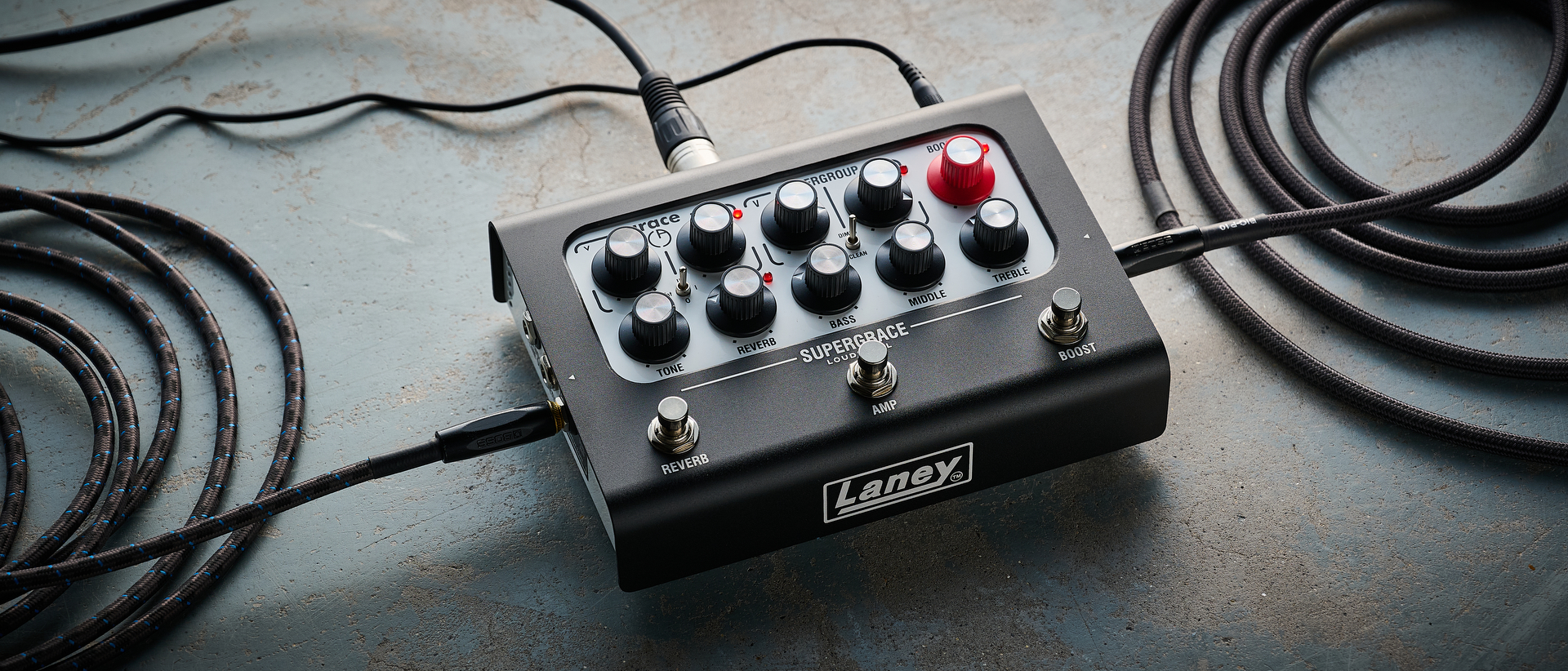Interview: Dust's Richie Wise, Kenny Aaronson and Marky Ramone Discuss New Reissue of 'Hard Attack/Dust'
All the latest guitar news, interviews, lessons, reviews, deals and more, direct to your inbox!
You are now subscribed
Your newsletter sign-up was successful
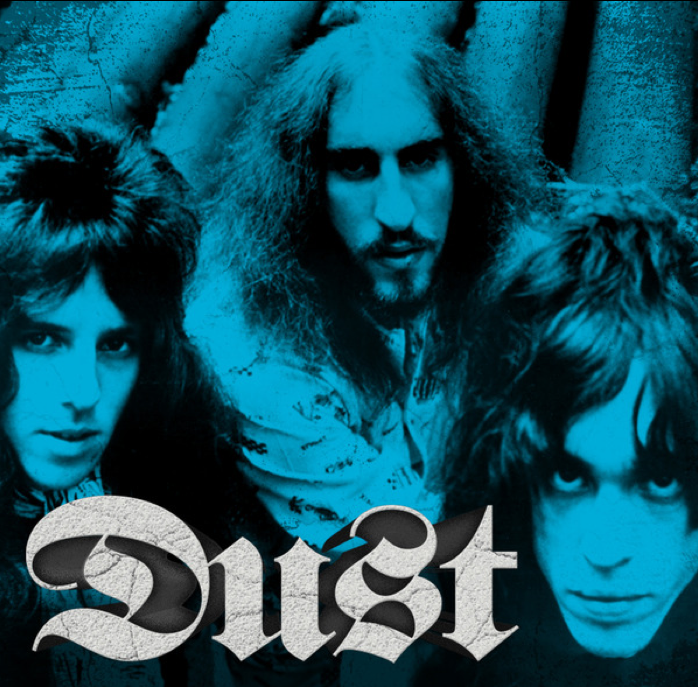
Individually, members of '70s American power trio Dust have produced some of the biggest acts in the world, played with some of the biggest names in rock and even gone on to be in the Rock and Roll Hall of Fame. Collectively, Richie Wise, Kenny Aaronson and Marc Bell (now Marky Ramone) may have been ahead of their time. Dust disbanded shortly after releasing two albums on Kama Sutra Records in the early 1970s. Both albums, which feature some of America’s first heavy metal, have long since been out of print. However, on April 16, Sony Legacy released Hard Attack/Dust as a single disc, featuring both albums in their entirety. We had an opportunity to speak with all three members of the band and reflect on this time in their careers. GUITAR WORLD: This month we see the re-release of the first two Dust albums after more than 40 years. What are your memories of that time?RICHIE WISE: We were from Brooklyn, and like a lot of people the Beatles just hit me over the head. There was no doubt that music was going to be my thing — and the only thing. Over the next few years, it completely took over my life. Because of George [Harrison] I knew I had to play guitar. I started at about 13 or 14. My parents got me a Gretsch hollow body. That really started it all. One of the guitarists from the neighborhood had a bass player who turned out to be Kenny Aaronson. I had started bands probably around 16 and pretty much about six months in we started calling ourselves Dust. By 1969, the three of us had solidified the lineup. No one else had advanced like we had. We had those blinders on and we wanted to play that British type of rock and roll. It got fused and assimilated and came out sounding like our own thing. I would write most of the songs with Kenny Kerner. I would bring in the riffs and things, and it was instantaneous that Marc and Kenny would put their stamp on it. We never really had to work out what we were going to do. It was all so natural. We lived and breathed it 24 hours a day. KENNY AARONSON: When I listen back to that music, I hear a completely different, young musician. I hear a group of people creating something from a time that was much more innocent and had a lot less rules. We had no parameters that we had to worry about. There was no “You can’t do this” or “This is too busy." It was a much more free-flowing time. We did what we had passion to do and didn’t have to think twice. Because of bands like Jimi Hendrix, Cream and the Yardbirds, we knew there had to be a way. We pursued it until it worked. MARKY RAMONE: Richie already had Dust together when I joined the band. We were just teenagers hanging out in Brooklyn. We were so happy to be one of the first American heavy metal bands. I think if the label had known what to do with us, we could have done even more. How did the band hook up with [producer] Kenny Kerner?WISE: I first met Kenny through a friend named Roger. Roger used to blast the Rolling Stones song “Not Fade Away” until the cops had to come. He was starting a band with Kenny. Kenny even then seemed to have more of an inkling for managing. He had a real flare for writing. We could write two or three songs a day. By the time we did Dust, we had a variety of material. As a band, had you done a lot of gigs prior to the first records?AARONSON: No. In my memories of it all, we did some shows here and there. We played in this place in Brooklyn and put on Dust concerts with other neighborhood bands. We would all stack all our gear up. Before the albums, we practiced all the time in someone’s basement. We were always rehearsing and practicing. Kenny and Richie would be writing, and we would practice. When you guys took this on the road, you toured with some bigger names and had some success in different parts of the country. Do you have any idea why certain areas of the country seemed to embrace you guys?RAMONE: There was always something special about the Midwest. The fans there are very selective and they’ll let you know what they don’t like. We were pretty big there. We started getting more shows in places. The manager wasn’t that experienced and our record company didn’t really know how to market us. We did a lot in the Midwest and New York, and if we could have kept touring, who knows what would have happened. Was there something in particular that signified the end of Dust?RAMONE: We just decided to go our separate ways. We were young. We wanted to do other things. Richie went on to produce the two Kiss albums. Kenny is a very well-known side man, and I had my own projects. For me, the Ramones thing wasn't until 1978. Funny story: Johnny, Dee, Joey and Tommy were friends, but there was no Ramones yet. They were in the audience when Dust played in New York City because they saw me and loved the group. They were fans. Members of the New York Dolls would be in the audience. These bands were just starting, and we just sort of fizzled out. Learn more about Dust at their official website, dustnyc.com.
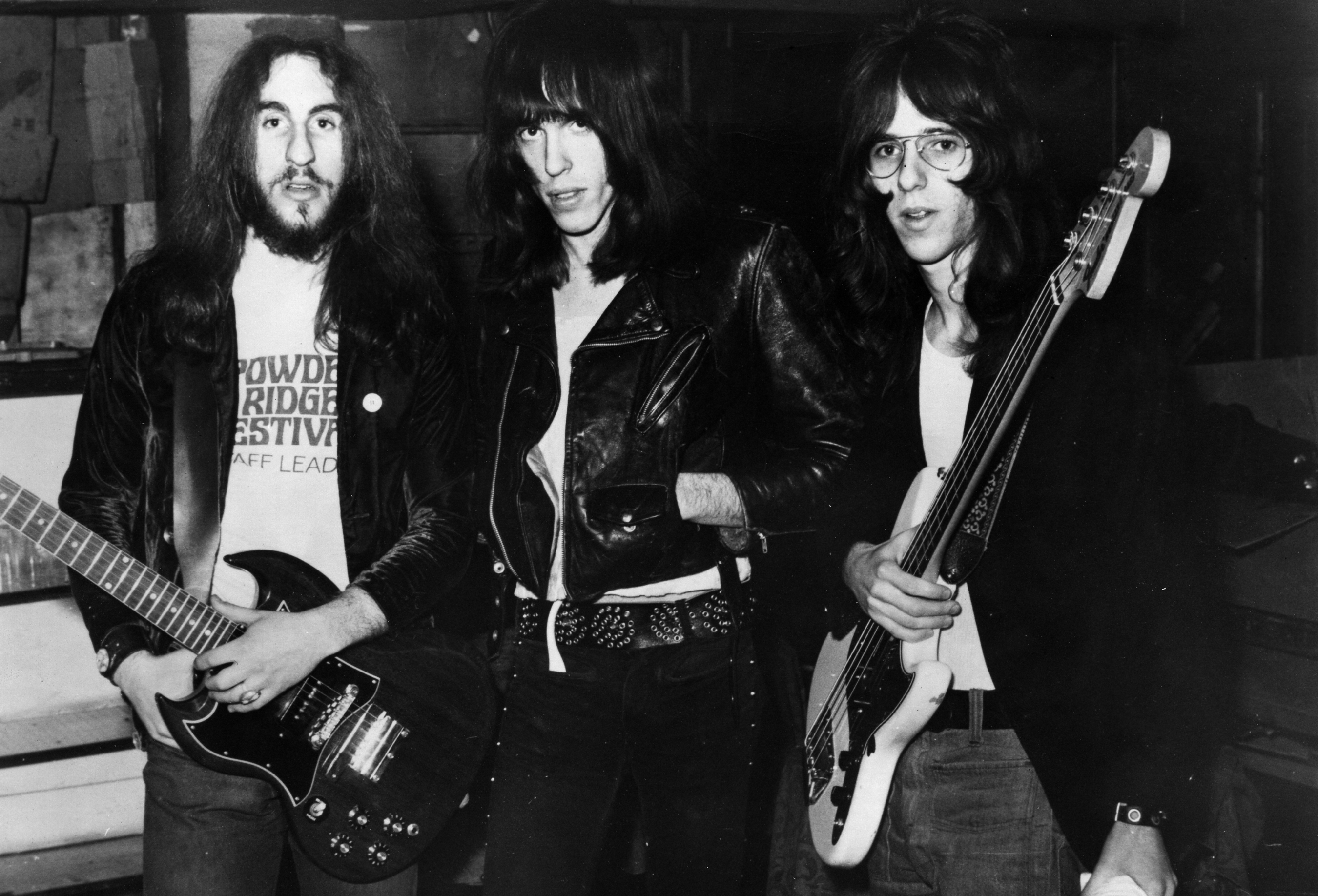
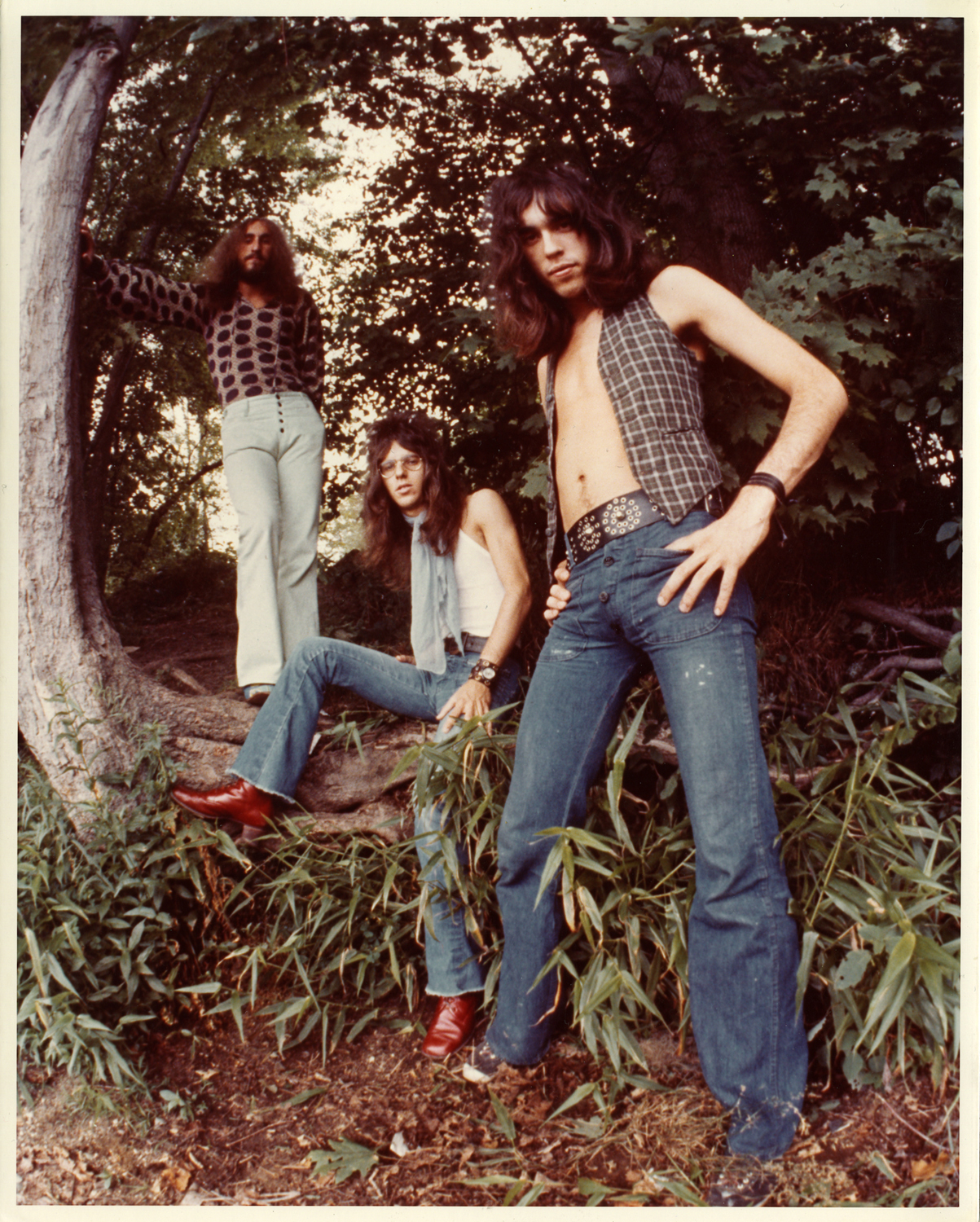
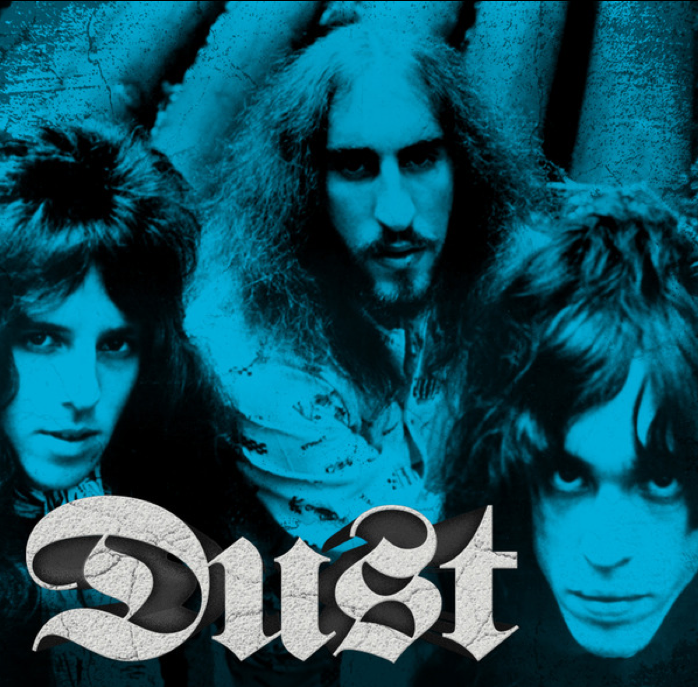
All the latest guitar news, interviews, lessons, reviews, deals and more, direct to your inbox!
